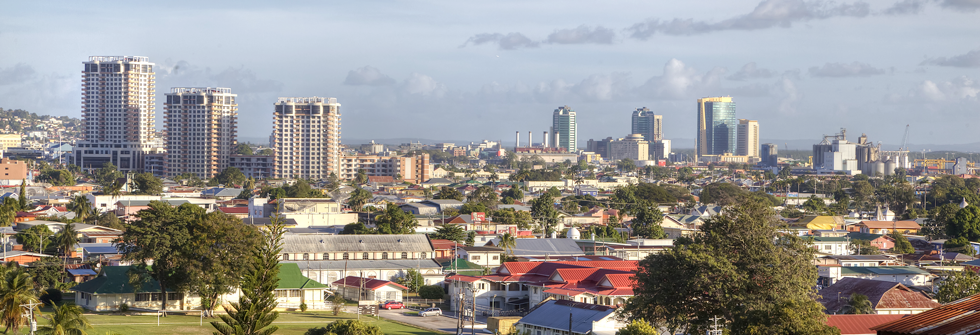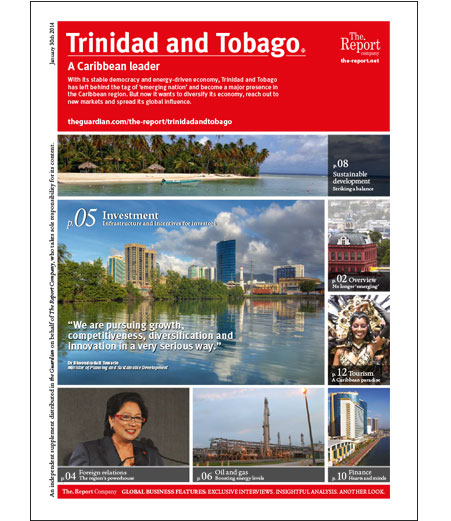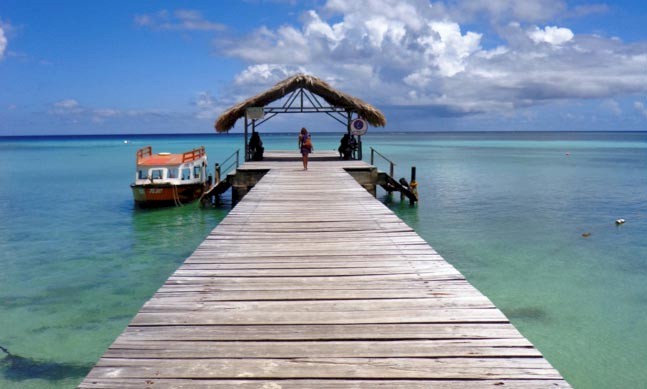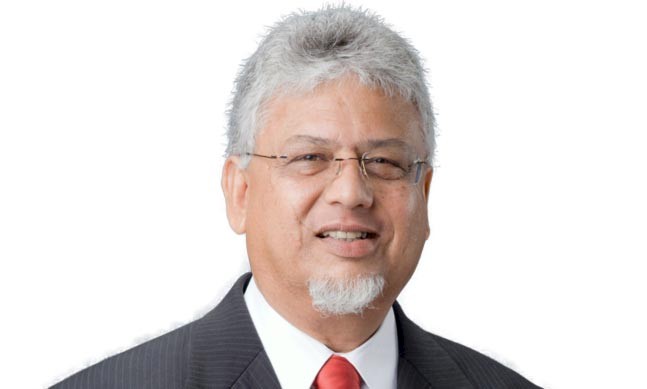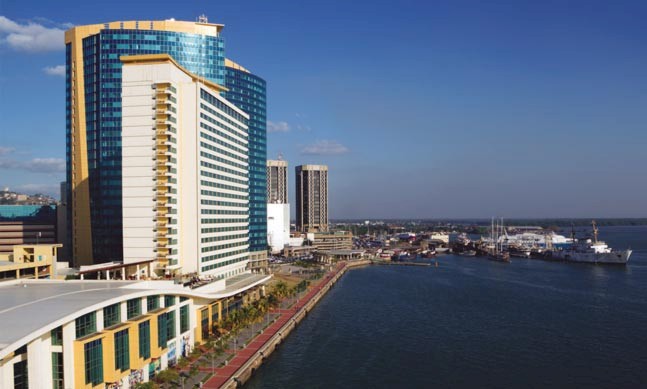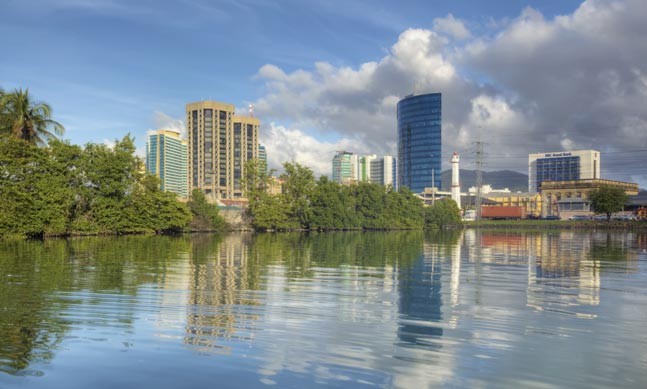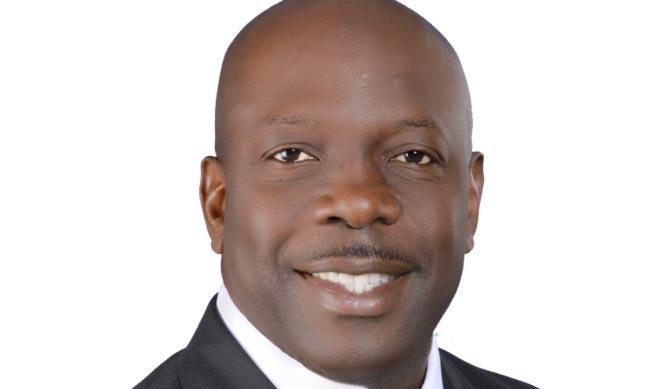Already a key regional player, the twin-island nation has recently taken steps to increase its importance on the international stage
There has been something of a sea change in Trinidad and Tobago’s foreign policy in recent years. 2012’s 50th anniversary of the Caribbean nation’s independence from the UK was met not only by the celebrations and cultural events for which the nation is well known, but also by a growing sense of confidence in its regional and global standing.
“Small islands like ours sometimes feel that they are not useful in global diplomacy,” reflected minister of foreign affairs Winston Dookeran. “All the diplomacy that we have pursued has been predicated on what I call an affirmative engagement, as opposed to a passive approach in the past. We are no longer afraid to get out there and take full positions on a diplomatic and political level.”
Trinidad and Tobago’s emergence as an international and regional player has been reflected in its relationship with the UK, once its colonial master but today a key diplomatic and trade partner. “I think we have finally moved out of the colonial mind-set and are now moving into a relationship on an equal basis,” highlighted Dookeran. The two nations continue to share strong bilateral relations, particularly in areas of defence and energy.
However, as the global economic downturn has affected many of the island nation’s traditional trade partners, particularly the UK and the USA, it has increasingly directed foreign policy initiatives towards Latin America, Africa, India, China and the Middle East. As a full member of the Andean Development Corporation, the country is increasingly engaging with its Latin American neighbours, particularly Guatemala with whom it has signed a series of agreements. Embassies and cultural exchanges are meanwhile being opened across the African continent.
Both US vice-president Joe Biden and China’s President Xi Jinping have made recent high-profile visits to the Caribbean nation. With two-way trade between China and Latin America and the Caribbean reaching US$261.2 billion in 2012, the Asian giant is increasingly stepping in as a trade and investment partner, keen on Trinidad and Tobago’s energy resources while becoming a major supplier of development financing. Soft power is also being wielded as the nation prepares to put on a Caribbean music festival in Beijing and build a cultural and arts centre.
“It will be a place where we can begin to move our cultural products and develop a relationship which will increase tourism and the movement of goods and services,” said Dr Lincoln Douglas, minister of arts and multiculturalism.
But perhaps the most significant developments in Trinidad and Tobago’s external relations have been on its doorstep. As one of the largest Caribbean nations and a founding member of the regional grouping CARICOM, it is playing a key role in encouraging political and economic integration and shaping the bloc’s policies. With 67 percent of its non-oil exports destined for the region, it is a key pillar in a market of 30 million people across the Caribbean. Meanwhile, minister Dookeran is leading a new wave of thinking on integration initiatives with his publications on ‘Caribbean convergence’.
The 34th annual heads of state summit was held in Port of Spain in July where Trinidad and Tobago assumed chairmanship of CARICOM. Prime Minister Kamla Persad-Bissessar used her address to call for greater cooperation and integration: “We are part of this world and therefore CARICOM is in perpetual transition. CARICOM is strong and united; let us resolve to keep it that way and work to make it an even greater force within the world community.”
Promoting integration
Trinidad and Tobago is a founding member of the Caribbean Community (CARICOM), a regional organisation created in 1973 to foster trade and cooperation between the Caribbean states.
Established by the Treaty of Chaguaramas in Trinidad, the bloc has grown from its original four members to include 15 members today across the region. It is tied to the European Commission through an Economic Partnership Agreement known as CARIFORUM.
Trinidad and Tobago currently holds the chairmanship of the regional grouping and has the largest GDP among the bloc’s full members and the second largest population. The 34th annual heads of state summit was held in Port of Spain in July 2013.


